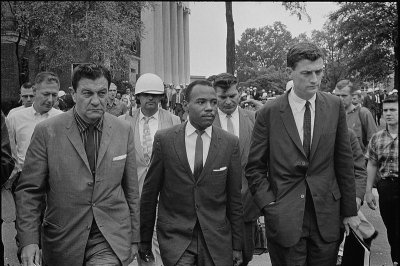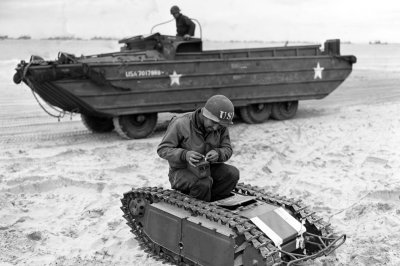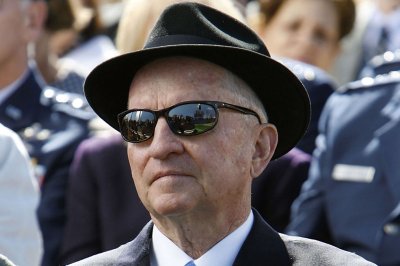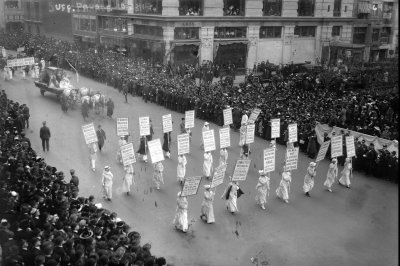Topic: James Meredith
James H. Meredith (born June 25, 1933) is an American civil rights movement figure. He was the first African American student at the University of Mississippi, an event that was a flashpoint in the American civil rights movement. Motivated by the broadcast of President John F. Kennedy's inaugural address (which did not mention civil rights per se) Meredith decided to exercise his democratic rights and apply to the University of Mississippi. Meredith's goal was to put pressure on the Kennedy administration as to the issue.
Meredith was born in Kosciusko, Mississippi of Native American (Choctaw) and Black American heritage. He enlisted in the United States Air Force immediately after high school and served from 1951 to 1960. He attended Jackson State University for two years, then applied to the University of Mississippi, saying that he wanted to make this move in the interest of his country, race, family, and himself. Meredith stated, "Nobody handpicked me...I believed, and believe now, that I have a Divine Responsibility... I am familiar with the probable difficulties involved in such a move as I am undertaking and I am fully prepared to pursue it all the way to a degree from the University of Mississippi." However, even after all the trouble he went through he was denied twice. On May 31, 1961, the NAACP Legal Defense and Educational Fund filed a suit in the U.S. District Court alleging that the color of his skin was the only reason for Meredith not being accepted into the university. The case went through many hearings and finally to the U.S. Supreme Court which ruled that he had the right to be admitted. Though Meredith was now allowed to register as a student at the school, the Governor of Mississippi, Ross Barnett, attempted to block his entrance by having the Legislature pass a law that “prohibited any person who was convicted of a state crime from admission to a state school.” This law was directed at Meredith, who had been convicted of “false voter registration.”
A deal was finally reached between the Attorney General Robert F. Kennedy and Governor Barnett and Meredith was allowed to attend the university. On October 1, 1962, he became the first black student at the University of Mississippi, after being barred from entering on September 20. His enrollment sparked riots on the Oxford campus, and required enforcement by U.S. Marshals. They were supported by the 70th Army Engineer Combat Battalion from Ft Campbell, Kentucky, who created a tent camp and kitchen for the US Marshalls. Thereafter, (federal) U.S. Army military police from the 503rd Military Police Battalion were sent in by President John F. Kennedy. Troops from Mississippi Army National Guard and U.S. Border Patrol were also called in, as well. The riots led to a violent clash which left two people dead, including French journalist Paul Guihard, on assignment for the London Daily Sketch, who was found behind the Lyceum building with a gunshot wound to the back. 160 soldiers were injured, and 28 U.S. Marshals were wounded by gunfire. Barnett was fined $10,000 and sentenced to jail for contempt, but the charges were later dismissed by the 5th Circuit Court of Appeals. Bob Dylan sang about the incident in his song "Oxford Town". Meredith's actions are regarded as a pivotal moment in the history of civil rights in the United States. He graduated on August 18, 1963 with a degree in political science.
It uses material from the Wikipedia article "James Meredith."










